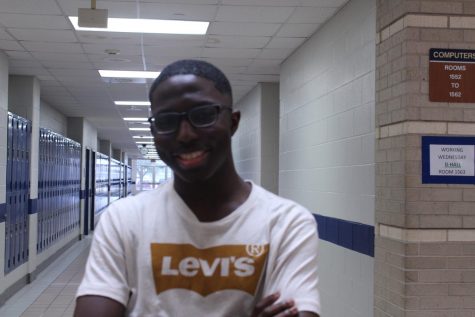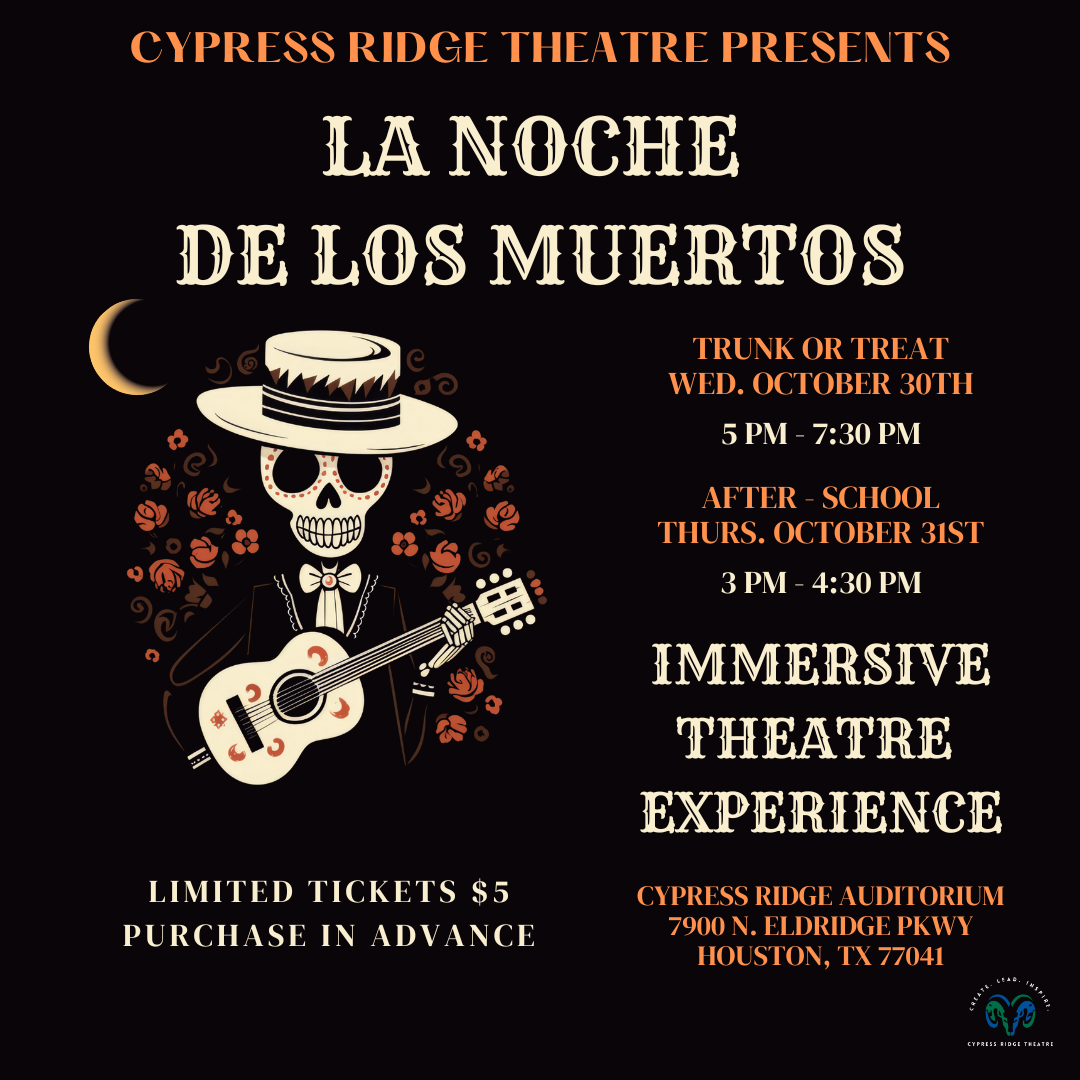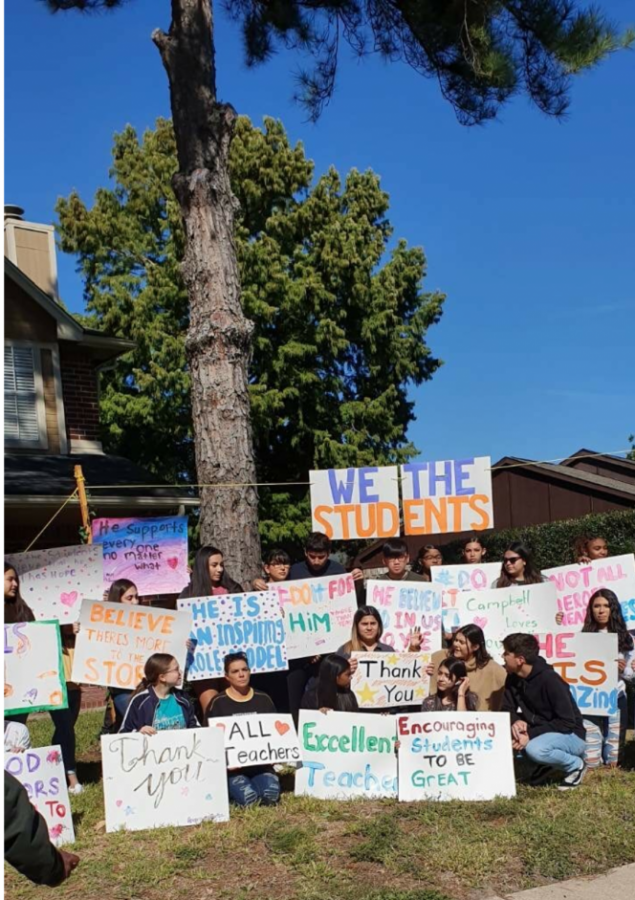Celebrating Black History Month
The nation takes a month to learn from and reflect on American History.
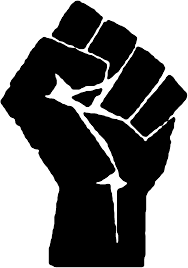
February 1, 2018
February is here! Which means it’s Black History month. A time to acknowledge civil rights, appreciate all the leaders that helped shape America, and to continue to fight for equal rights for all Americans. Black History month is significant because it gives people an opportunity to learn about different cultures while gaining an understanding of themselves and how the black community contributes to America.
Junior Gary Darby takes pride in his culture, because to him being black is different; the good kind of different.
“I am proud of my culture because we are the culture that no one understands, we are different from other cultures, no one can be like us,” Darby said.
During Black History month, people gain an understanding of how far black people have come up in the world. With that being said, during this month black people like junior, Nyah Bouldin, get to learn more about their culture and get more connected to their roots.
“I do think it matters because you can look back on your roots and see where your ancestors came from. You might discover that you’re from somewhere else,” Bouldin said.
For a long time in American history, blacks were considered less than human because of the pigment or color of their skin and the texture of their hair. Today, whenever a student is enrolled into a school, they are required to fill the race and ethnicity box that says ‘African-American or Black’, but no one ever asks a black person what they prefer to called. In the article “Why I’d rather be called Black American than African American” by Aisha Harris, she states: “As someone who grew up with a much stronger sense of my black American roots, and an understanding of African culture distilled primarily through an American sensibility, I feel as though the term African-American doesn’t quite suit my identity.”
Julie Kindle, junior, and Harris say the same things about the label, and how they are American.
“I prefer to be called black because I’m not from Africa. I was born in America; I didn’t come from Africa to America to be called African-American,” Kindle said.
Since slaves were brought to America, they were stripped of their culture and were taught the ways of the Europeans. They were taught to dress like Europeans, learned manners, and the “proper” way of living. Society today wants to tell people the way to live their lives when America is considered the “Land of the Free”, which gives everyone the right to live however they would like. Bouldin wants more for her generation when it comes to confidence.
“Black means self-love, our generation doesn’t have self-love. I think that our hair is very beautiful, but society thinks that black people’s hair should be straight or that we should wear weaves,” Bouldin said.
Throughout history, we learn of events and historical icons that have helped inspire young and old citizens of the nation to stand up for what they believe in society: Rosa Parks, the woman that refused to give up her seat to a white person; Martin Luther King Jr. the reverend that gave the ‘I Have A Dream’ speech and helped get civil rights legislation laws passed; W.E.B Du Bois, the man that fought for equal education for all blacks; Thurgood Marshall, the judge that used legal power to help his community gain a proper education in an integrated school; and President Barack Obama, the first black person to serve as president in the White House.
“When Obama got elected into office, everything black started to rise. You could see more black people going out to vote, we were more involved than ever, because of President Barack Obama,” Darby said.
Bouldin and Darby seem to have the same views about the black community gaining a stronger bond with each other.
“I’m proud of the community because we have developed a large black community over the centuries. We have come a long way in the world you know, that’s something to be proud of,” Bouldin said.
The events that have happened in the past, and the events that are being created today, one can begin to gain inspiration or role models. The Black Lives Matter movement was created in response to the murder of Trayvon Martin in 2013. The movement expanded in the year 2014, when Mike Brown was shot by a police officer in Ferguson, MO, and the movement continues to protest against the police brutality.
Darby expresses that these events have helped him develop into a better young man every day, by demonstrating leadership in his daily life.
“The Black Lives Matter protest inspires me, you look at people of all races and ages, and see them all standing up for what they believe in. It inspires me to be a leader in life,” Darby said. “The Black Lives Matter protest is different from the MLK protesting, but it all relates back to the past and the social issues we have today.”
Segregation played a huge part in American history. African-Americans were treated as if they came from a different planet, and were not given any type of respect as human beings. They were sprayed with water hoses, bitten by aggressive dogs, beaten by police officers, arrested for doing non-violent protests; black people have stayed strong through these events.
Both Kindle and Bouldin are glad that they live now instead of during that era. “No, I couldn’t survive segregation. I have a smart mouth, I would refuse to work if they called me out of my name. If one of them tried to tell me to do something I’d ask them ‘um who are you talking to?’,” Kindle said.
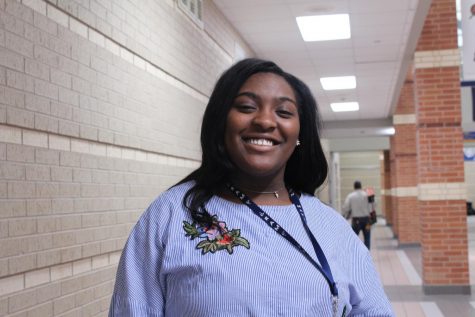 Photo by: Zohie Walker
Photo by: Zohie Walker
“No, I also have a smart mouth and I can be a bit disrespectful because I’m not going to let anyone talk to me any type of way. I’m sorry but no,” Bouldin said.
Darby, on the other hand, thinks that he would survive segregation by channeling his negativity into a positive outcome for his community.
“Kind of think I would survive, I would join the Black Panthers. They wanted what I want; equality for all,” Darby said.
Society today is inspired by all cultures and this is the reason why America is such a diverse nation. People of different races and ethnicities have inspired each other tremendously. Unity is what civil rights leaders have dreamed about, fought for, and achieved in black history.
“Black culture is very unique, we are the culture,” Kindle said.
Even though races were stripped of their culture in the past, they have slowly regained a culture of their own and are building a new history. “A nation’s culture resides in the hearts and in the soul of its people,” Mohanadas Gandhi said.

